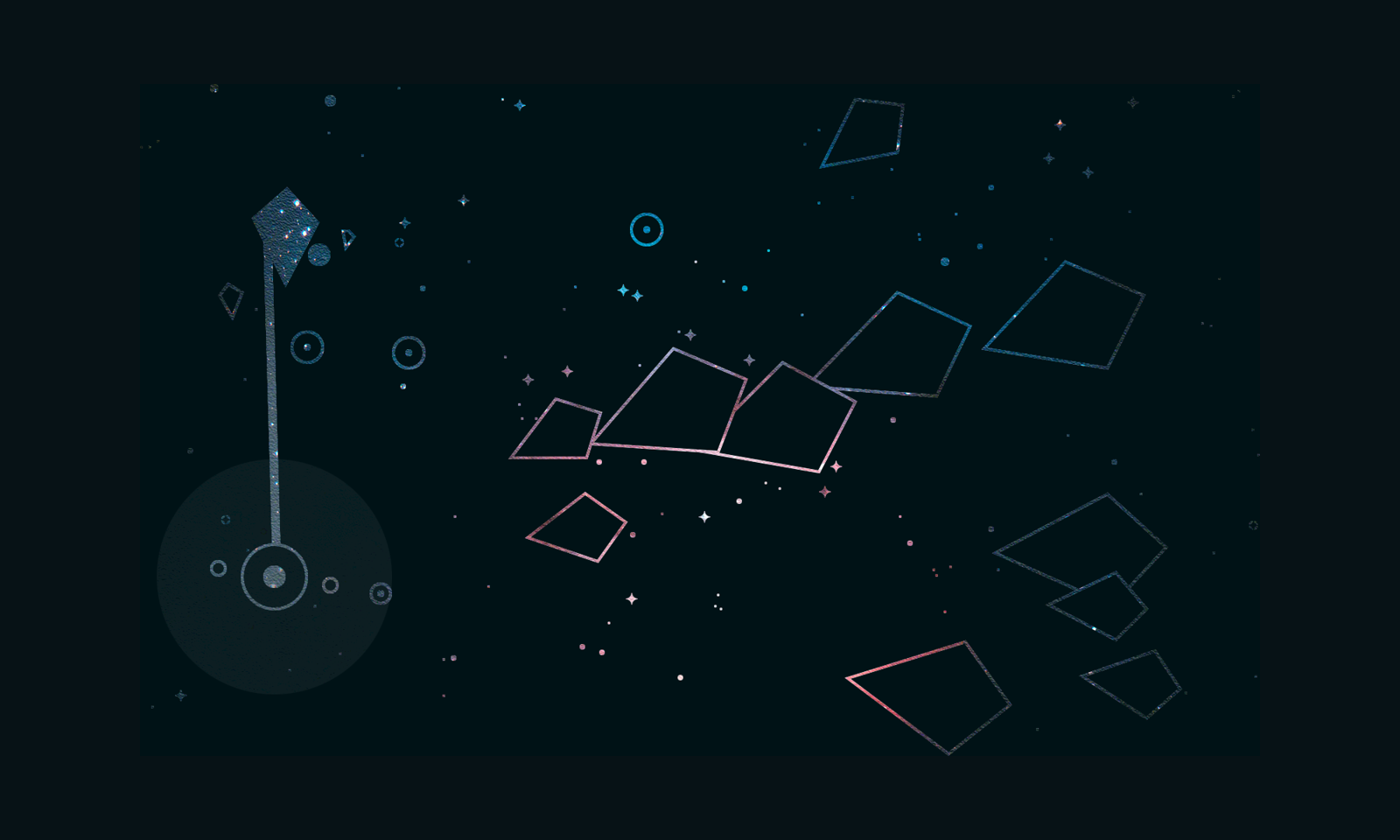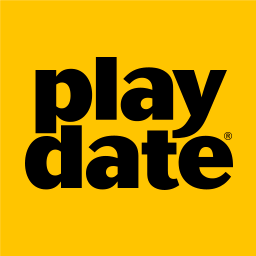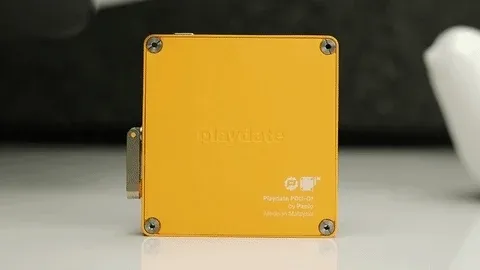RNG Party Games is in bloom
Checking in with the Playdate game developers two years later
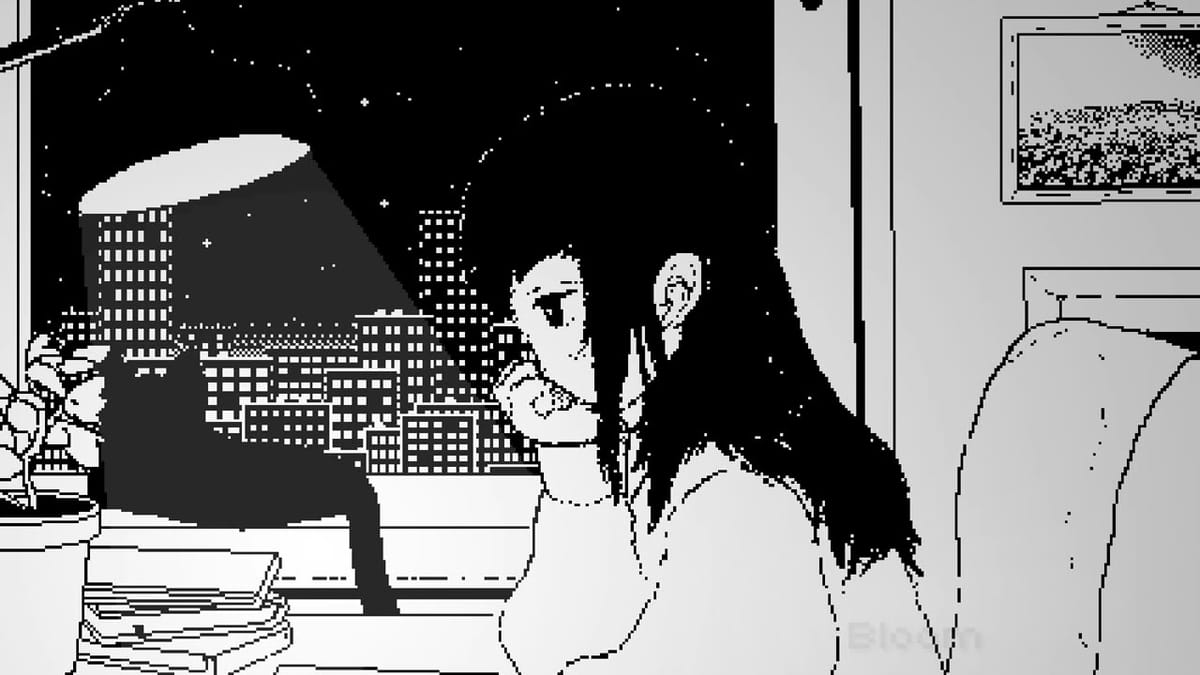
When RNG Party Games made their Playdate game Bloom—a visual novel crossed with an idle garden simulator—available for pre-order in January 2022, there were a lot of unknowns. Would Playdate buyers—who would receive 24 games for free with their console purchase—go through the effort of buying Bloom from a third-party store and side-loading it onto their device? Would players accustomed to free mobile games balk at Bloom’s $10 price tag? And, perhaps most importantly, would the Playdate ever actually get into players’ hands?
Panic’s Playdate console—a Gameboy-like handheld with a distinctive yellow case and a crank on the side—was announced in 2019 with an expected 2020 release date. COVID threw a wrench in that plan—pre-orders finally began in July 2021, but a last-minute battery issue pushed the first shipments from the end of that year into 2022.
I last talked to Jake White and Ben Busche, two-thirds of the RNG Party Games team, in March 2022, a month before the Playdate finally started shipping. “At that time, we didn’t know—we were like, this could sell 10 copies,” Jake told me when we caught up a few weeks ago. “I don’t think either of us expected the Playdate to have this much of a market.”
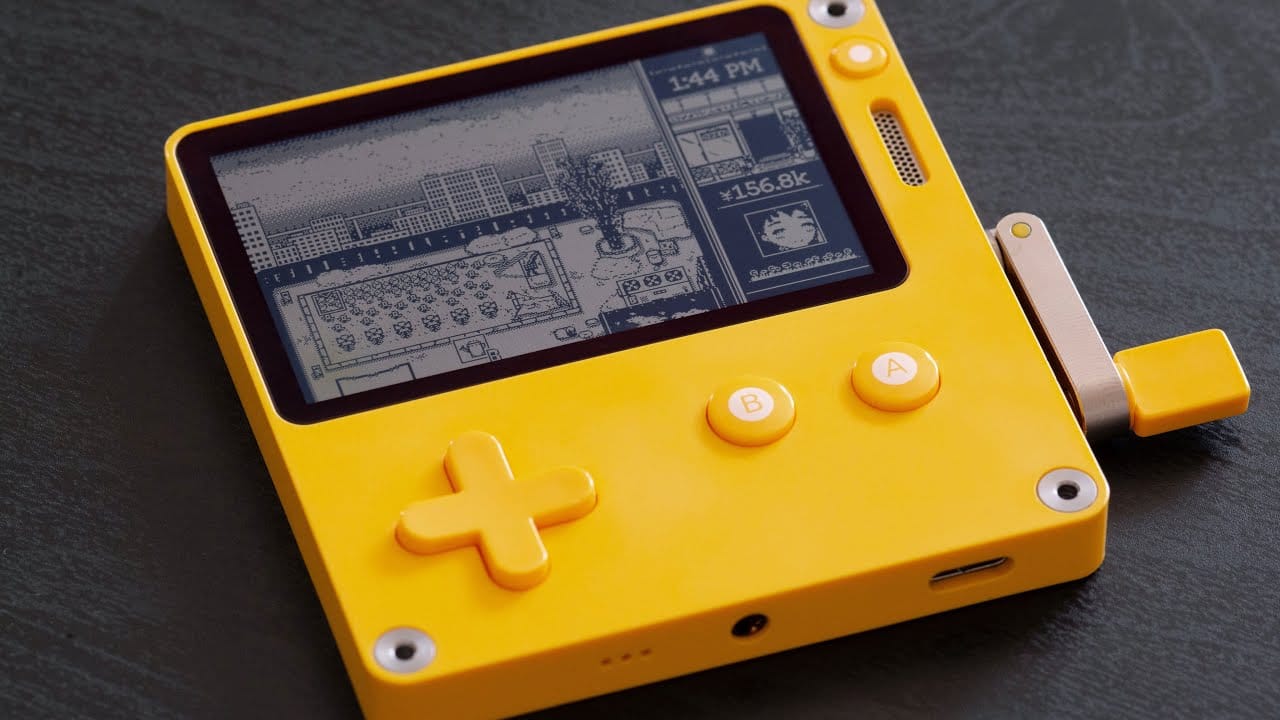
The Playdate market, to be clear, is still extremely small. Panic only shipped 27,000 units in the first year, and it took until February 2024 to actually ship all 70,000 of their pre-orders. That’s a small fraction of other gaming handhelds you might’ve heard of, like the Steam Deck, which has moved a few million units, or the Nintendo Switch, which has shipped over 143 million units.
But for Bloom and RNG Party Games, it’s been a steadily growing market. “We’ve seen a really long tail where the sales are pretty directly related to the console sales,” says Ben, to the point where they could tell when Panic had made major shipments.
The introduction of Catalog, a native Playdate game store available on device and on the web, in 2023 also helped. RNG Party Games estimates that Bloom sales are split pretty evenly between Catalog and Itch.io, a third-party storefront where Bloom was available exclusively for the first year. For RNG Party Game’s latest, a visual novel called Echoes of the Emergent that came out this summer, Catalog represents closer to 95% of sales.
“The convenience [of Catalog] is huge,” says Jake. “Just personally, I don’t go on Itch and side-load games because I’m lazy.” Being able to buy games directly on the device—the same way every other modern game console works—has unlocked sales that RNG Party Games would’ve likely otherwise missed.
Overall numbers here are still small—earlier this year, Panic announced that they’d moved 150,000 digital units through Catalog in the first year, with half of all Playdate owners making at least one Catalog purchase. (Panic said the other half were still working through their free “season one” games.) After credit card processing fees, sales tax, and Panic’s 25% revenue share, developers grossed a total of $544,000.
When I talked to them two years ago, Ben told me that they had a number in mind where they’d consider Bloom a financial success. Now, Ben doesn’t “even know what that number was,” but guessed that it was 1000 sales, which Bloom has far exceeded. “Bloom is one of the highest-selling Playdate games. Not the highest, but it’s up there.”
Jake and Ben chalk up much of Bloom’s success to being in the right place at the right time. By opening pre-sales several months before the console launched, Bloom was the first commercially available Playdate game. Panic helped a lot, first by accepting RNG Party Games into their developer preview and then by including Bloom in early launch marketing, lending the game some first-party authority. The design of Bloom as an easy, few-minute-per-day narrative game also helped fill in the gaps between Panic’s season one games. “We were in a really good situation,” Jake said.
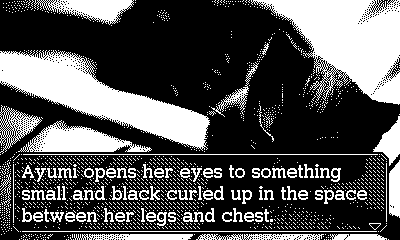
Bloom’s success has encouraged RNG Party Games to double (and triple) down on Playdate. Their second Playdate game, Echoes of the Emergent, has been well-received by reviewers at Engadget and RPGFan, and their third game, For Home, an expansive narrative RPG, is currently in development.
Echoes was originally conceived as a writing exercise for Ben. “Bloom was really the only story I’d written before, and I wanted to be sure, before getting into the nitty gritty of For Home, that I could really write well.” While Bloom was a simpler, more grounded story about a woman juggling a flower shop, a relationship, and her family, Echoes is a post-apocalyptic, multi-act epic with life-or-death stakes.
The original plan was for Jake to spend a weekend setting up the code for the kinetic visual novel and Ben would take it from there, plugging in the text and graphics. But the ambitious story proved to be a bit overwhelming for a warm-up act—“I ran through four deadlines,” Ben told me. “It took me so much longer than I thought it would.”
For Home, which is being published by Panic, is similarly ambitious. On the technical side, it will push the hardware to the limit, with 3D effects and full motion video wrapped up in an expansive narrative set in outer space. On the personal side, the RNG Party Games team are also pushing themselves—“It’s novel for us because we’ve never done it before, really,” Jake said.
“The hope there is to kind of bring everything we’ve done so far into a single game,” Ben added.
If successful, RNG Party Games could set a new bar for what kind of experiences are possible on the device—and maybe a new bar for pricing. “With Bloom, we pulled [$10] out of thin air, and then everyone was like, okay, that’s where the bar is now,” Jake said, an unintended consequence of getting to market first. “I was really worried at the beginning that it was going to plummet down to mobile prices. Thankfully, the Playdate community is not that demographic. They’re receptive to the indie developer situation.”
While there’s no timeline for For Home’s release, Jake and Ben aren’t worried about the platform disappearing overnight. “I think Playdate is going to last for quite a while longer,” Ben told me. “It’s going to be at least years—Playdate is very healthy right now.”
“I hope it’s still around in a few years,” Jake added. “I hope it’s around long enough for the Playdate Stereo Dock to come out.”
Already played through Bloom and Echoes of the Emergent and looking for more great Playdate games? I asked Jake and Ben what they’ve been playing when they’re not testing their own games.
satOlite
“I really like satOlite,” Ben told me. It’s a tower-defense game where you place satellites in orbit around planets in order to defend them. “The level design in particular, the way they teach and progressively introduce mechanics is really clean. They did a really good job.”
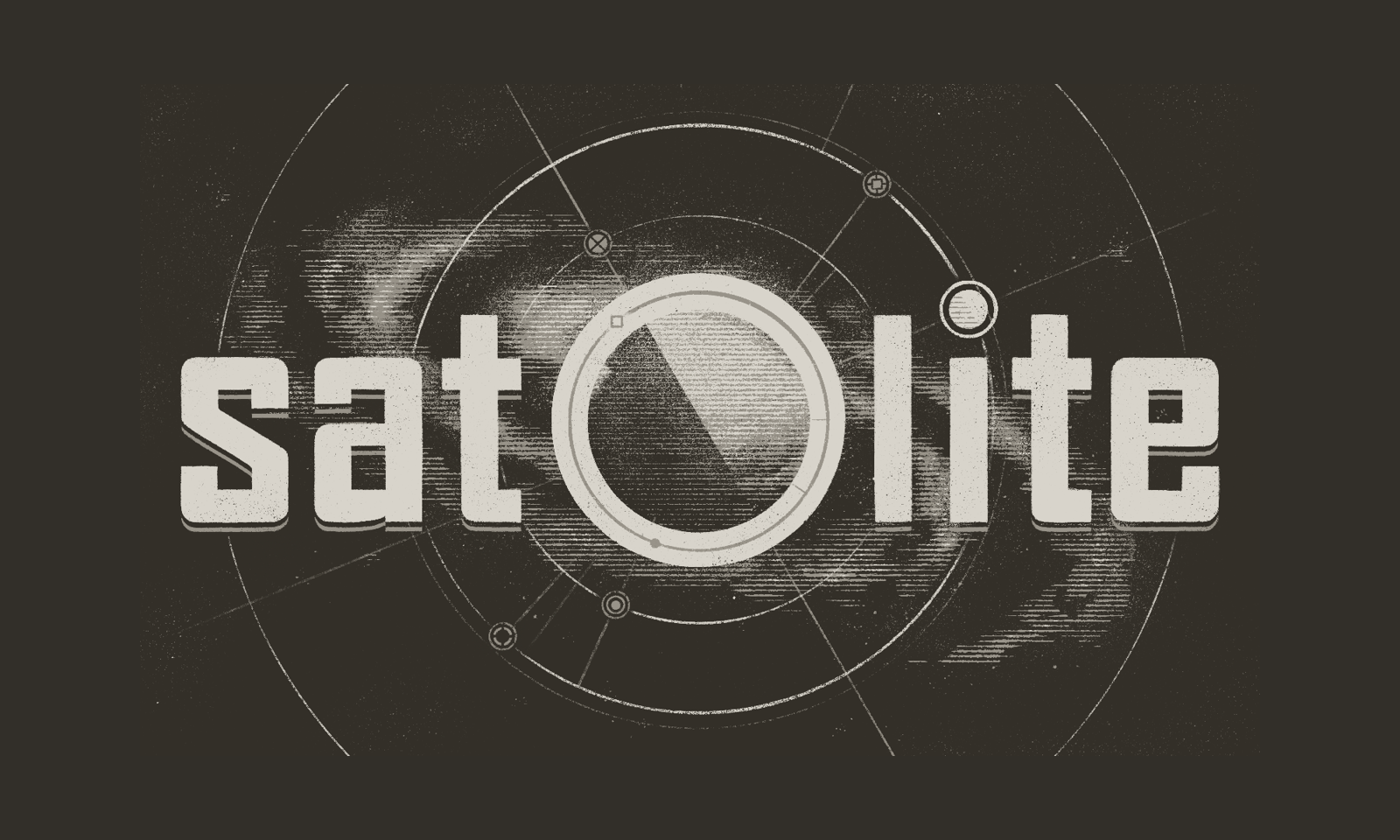
Laser Sphere
“Weirdly enough,” Jake said, “the games I like on Playdate the most are arcade games, which are not the ones that we make.” Laser Sphere is an arcade shooter where you protect a star from hordes of enemies. “Good upgrade progression, good difficulty curve, good stuff.”
